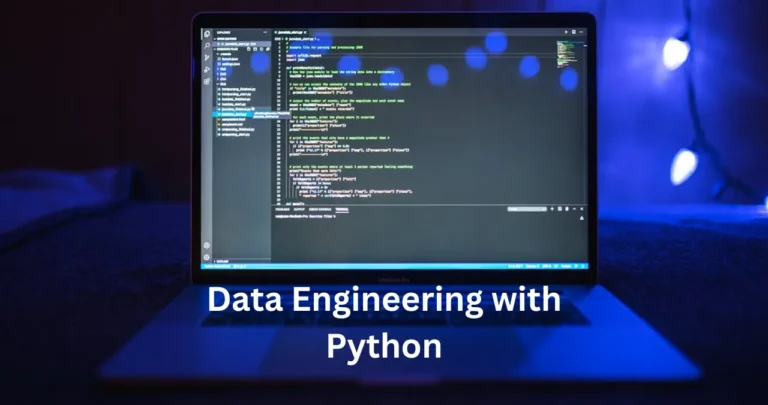The pace at which the cybersecurity landscape is changing shows that trend will continue. Job growth in cybersecurity has to keep up with the approximate 29,000 cybersecurity breaches that occur every year. US Bureau of Labor data shows that there will be 32% increase in job growth for threat analytics in the next 10 years.
Despite being an entry to a low level position depending on the organizational hierarchy, threat analysts are required to have a strong set of IT skills as well as a sound understanding of network architecture. Some positions might even ask for a security clearance, which prevents new entrants from filling in these positions. Due to the acute talent shortfall in the cybersecurity industry, it is hard to find candidates who are fresh out of college and are the right fit to fulfill that role.Moreover, it also makes it tough to attract threat analysts from external sources.
So, how can a threat analyst get the dream job in such a situation? The answer lies in improving their skills. In this article, Anti-Dos will highlight some of the things threat analysts should do to get better at their game.
1. Make It Your Hobby
Mark Twain’s advice to job seekers to find a job that they love doing, He said, “Always look for a job that you enjoy doing and you will never have to work a day in your life.” If you are not interested in threat analysis, you should go and find another job. Your personal interest and passion about the job will drive you through the thankless job. You might have to deal with challenges such as little to no stakeholder involvement, poor understanding of context, culture, and different functions of organization.
2. Think Like a Hacker
Cybersecurity attacks can have several motivating factors. It could be money or data or reputation damage. Irrespective of what it might be, one thing is for sure, if you want to block cybersecurity attacks, you will have to think like a hacker. Put yourself in the shoes of a cyber criminal and ask yourself, what your next move would be if you are a cyber attacker. This kind of mindset will help you anticipate the next moves of cyber criminals and act faster and better than they do.
Let us say, you buy a dedicated server and you want to protect it. You can invest in a DDoS protected dedicated server. To keep it protected, you need to understand how and in what ways hackers can target your servers and take security measures to block cybersecurity attacks.
3. Hone Your Investigation Skills
When a business becomes a target for a cybersecurity attack, it is not only the finances or data that takes a hit, but it is also the reputation. Your brand is your best asset and you do not want to compromise on it. That is why it is important for threat analysts to polish their investigative skills.
This will help them identify threat actors which are more likely to target your company. You might also unearth loopholes that might have gone unnoticed. Fix those vulnerabilities before they can be exploited by cybercriminals. The quicker you fix those loopholes, the less likely your business is to fall victim to a cybersecurity attack or a data breach.
4. Improve Your Critical Thinking Skills
Threat analysts are also humans and humans are usually biased. That is why unbiased analysis is at the heart of threat analysis. Most people still struggle when asked to identify their own blind spots. That is why it is imperative for threat analysts to hone their critical thinking skills. Push yourself and test the boundaries of your own assumption, harness the power of data to guide your decisions. Put your hypothesis to the test and identify conflicting data. All this will go a long way in making you a better threat analyst.
5. Stay Away from Analysis Paralysis
With dozens of cybersecurity tools throwing tons of data at you, it can put threat analysts off. This might not be an issue if you are a cybersecurity tool provider but when you are responsible for detecting threats, alert fatigue can get the better of you. Due to this, many threat analysts start ignoring the warnings when they come in numbers or are not actionable. When you are a threat analyst, the quality of your product depends heavily on the quality of the tools you use. Choose tools that allow you to cut through the noise and maintain your focus instead of putting you off focus.
6. Speak the Business Language
Instead of delving too much into technicalities, a threat analyst should spend more time understanding the business process and determine how different threats could impact these business processes and in what ways. Most reports you create will address top level executives which is why it is important to use the business language instead of filling reports with technical jargons. Try to summarize the key points in a few bullet points so they can easily be skimmed in no time. Focus on those threats that top management cares about in your reports and they will surely pay attention to it.
7. Create Long Term Relationships Both Inside and Outside
No one can deny the fact that there should be a process by which threats should be reported and intelligence is delivered but a threat analyst should go beyond that. They should look to build long term relationships with multiple stakeholders in the organizations whether they are their co workers or their bosses. This allows threat analysts to develop better understanding of business processes as well as information flow and confidential information. It also gives them an idea about how they can be attacked. More importantly, it also encourages stakeholders to share their inputs with intelligence programs, which can enhance the effectiveness of threat intelligence and response.
Which is the most important skill a threat analyst should have in your opinion? Which skills do you look for when hiring threat analysts in your company? Share your thoughts with us in the comments section below.




